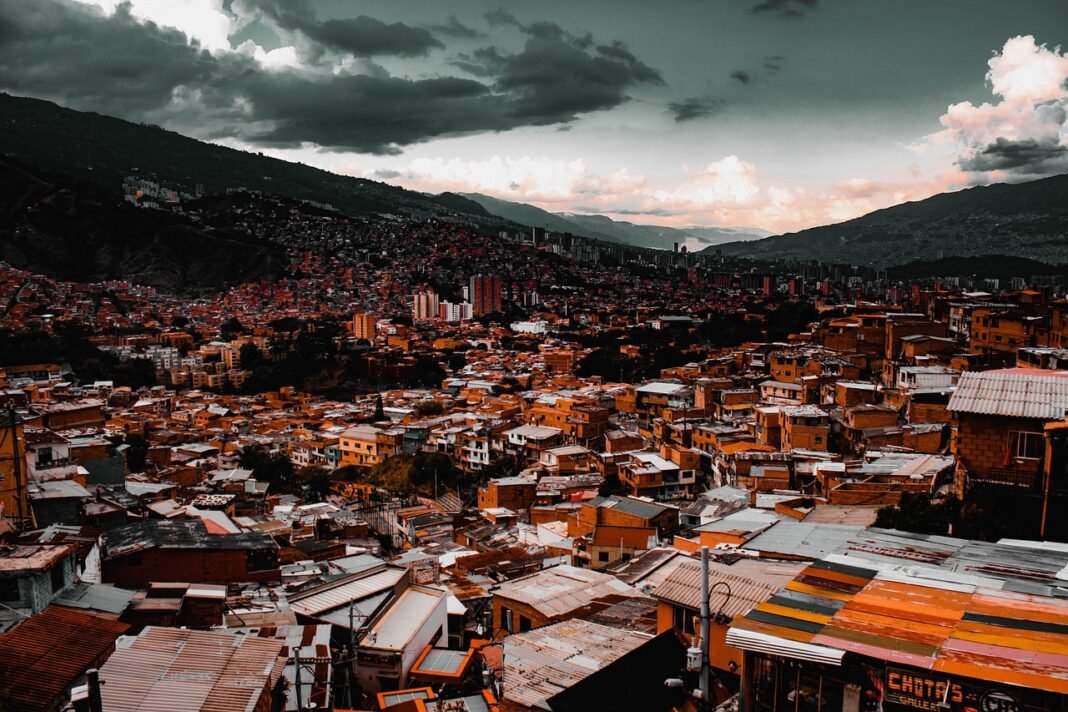Following intense clashes with numerous casualties, President Gustavo Petro takes decisive steps to address Colombia’s growing unrest, and declares state of emergency.
Clashes Leave Over 100 Dead and Thousands Displaced
Colombia is reeling from escalating violence between the ELN guerrilla group and Farc dissident factions. Since Thursday, fighting in the northeastern region has claimed at least 80 lives and forced 11,000 people to flee their homes. On Monday, authorities reported another 20 deaths in the southern Guaviare department, caused by infighting among rival Farc dissident groups.
In response, President Gustavo Petro declared a state of emergency, encompassing both a national economic crisis and internal unrest. These measures empower authorities to allocate emergency funds and impose restrictions, including curfews. Petro accused the ELN of choosing war, stating they would face serious repercussions for their actions.
State of Emergency: Military Deploys Thousands to Restore Order
To stabilize the situation, the Colombian government deployed 5,000 soldiers to Catatumbo, a conflict-ridden region near the Venezuelan border. Military officials accused ELN rebels of committing atrocities, including forcibly removing civilians from their homes and killing them. The troops aim to restore security and prevent further violence in the area.
In tandem with these actions, President Petro announced the suspension of peace talks with the ELN. He cited alleged war crimes committed by the group, which remains Colombia’s most powerful active guerrilla movement. Founded in 1964, the ELN was not part of the historic peace agreement signed with the Farc in 2016.
Colombia’s Long History of Armed Conflicts
Colombia has endured over 60 years of armed conflict. A major breakthrough came in 2016 when the government signed a peace deal with the Farc, the nation’s largest guerrilla organization at the time. However, some Farc factions rejected the agreement and continue fighting for control over territories.
The ELN, excluded from the 2016 accord, has maintained its insurgency. President Petro had initiated peace negotiations with the group in 2022, aiming to resolve longstanding issues. However, the latest surge in violence highlights the ongoing challenges of achieving lasting peace in Colombia. Restoring stability remains a critical test for the government and the country.
